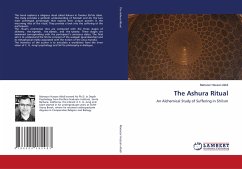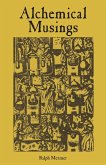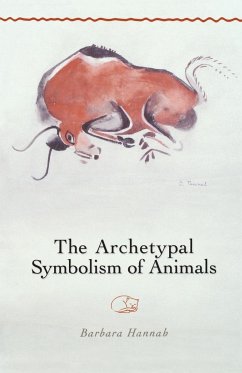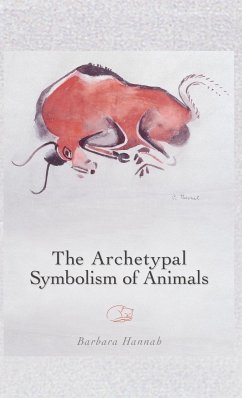This book explores a religious ritual called Ashura in Twelver Shi'ite Islam. The study provides a symbolic understanding of Fatimah and Ali, the two main archetypal personages that express their unique powers in the mourning rites of the ritual. They provide a look into the suffering of the participants. The ritual's ceremonial rites are compared with the three stages of alchemy: the nigredo, the albedo, and the rubedo. These stages are examined corresponding with the participant's conscious states. The final aim is to understand the Shi'ite concept of the walayah (guardianship) and its metaphysical reality associated with the notion of the unus mundus. The intention of the author is to articulate a worldview from the inner vision of C. G. Jung's psychology and Shi'ite philosophy in dialogue.
Bitte wählen Sie Ihr Anliegen aus.
Rechnungen
Retourenschein anfordern
Bestellstatus
Storno








